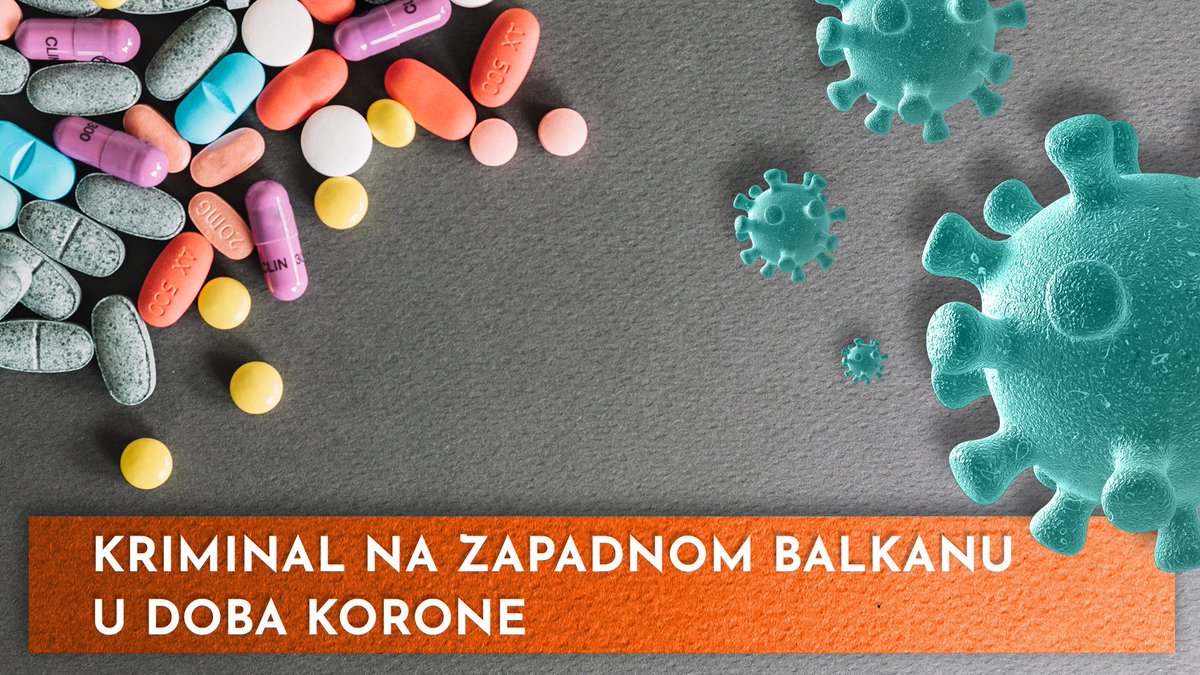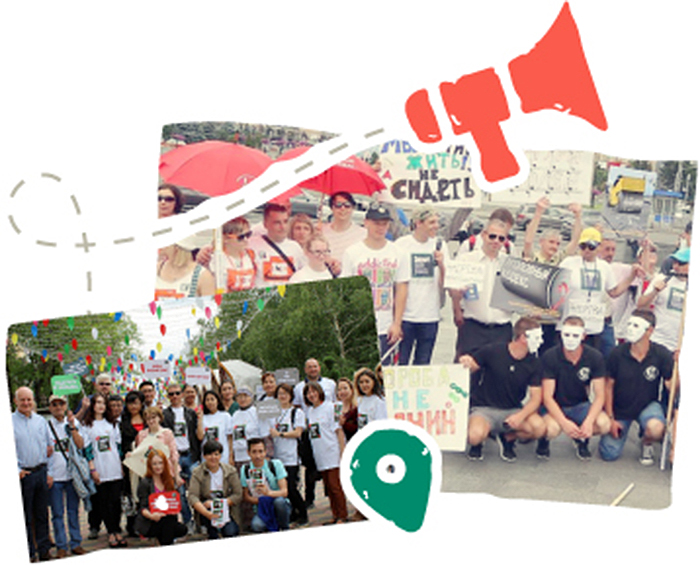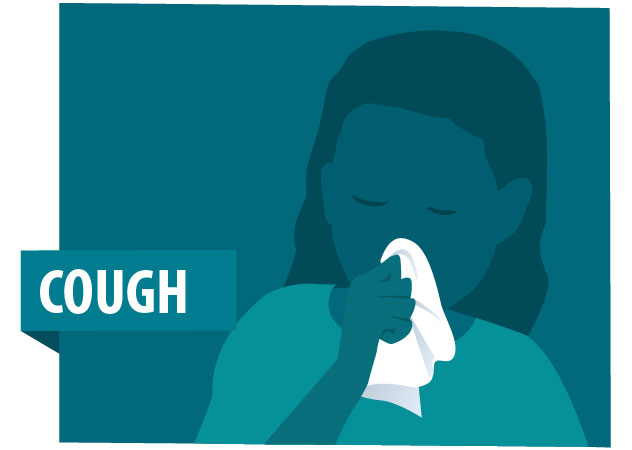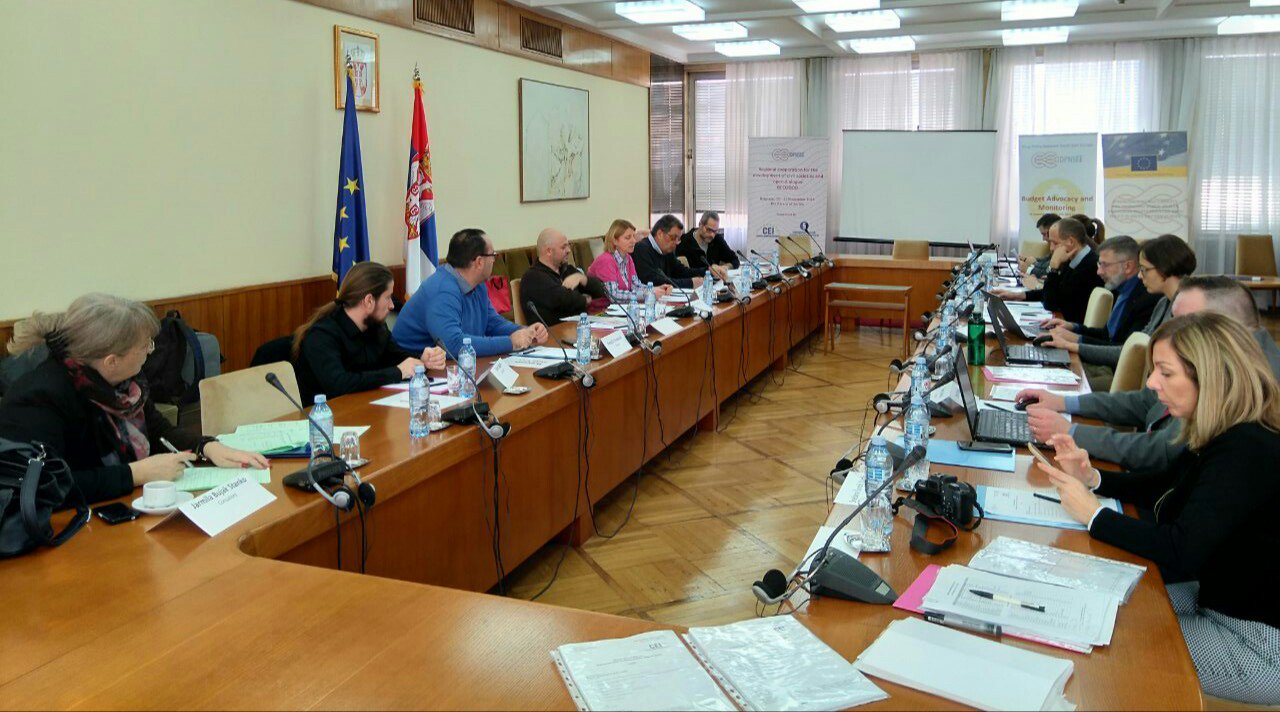Did organized crime groups continue with their activity at the time of Coronavirus, which trends in the criminal activities in the Western Balkans can be noticed in the first six weeks of the pandemic and which scenarios can be envisaged for the future?

The Belgrade Centre for Security Policy published a report on criminal activities in the Western Balkans during the COVID-19 outbreak – Crime in the Western Balkans during the coronavirus – early findings. The report was prepared by their researcher Saša Đorđević.
The report states that “The region has experienced a small increase in the price of marijuana, which is still very much present on the market. The same applies to stimulant drugs” and that “People with drug and alcohol problems, persons living with HIV, those who are susceptible to stress, citizens with mental health problems, pensioners, the poor, the homeless and recently released prisoners are the biggest potential victims of crime during this pandemic crisis.”
Scenarios envisaged for the future include the one that “There will be a decline in the supply and quality of illegal drugs. The price of heroin substitutes is expected to increase. It is certain that criminal groups will find alternative ways of distributing narcotics and other illegal products in urban areas, using mobile technologies and couriers, but also corruption of law enforcement. It is possible that criminal groups will shift their manufacturing and logistics activities to smaller towns and rural areas, where they will be less visible.”
With information we received from our member organisations from around the region, DPNSEE provided significant contribution to the report section that deals with Narcotics, but also general comments and proposals for recommendations.
Belgrade Centre for Security Policy (BCSP) is an independent think-tank publicly advocating human, national, regional and international security based on democracy and respect for human rights.
The report is available in English (Crime in the Western Balkans during the coronavirus – early findings) or in Serbian (Kriminal na Zapadnom Balkanu u doba korone: prva zapažanja).



 The International Drug Policy Consortium (
The International Drug Policy Consortium (









 You can download the Appeal
You can download the Appeal 
 In the exchange which the DPNSEE Board had, we expressed concern that the health systems may not have fully in their sight the key populations we are supporting (and people with substance use disorder, especially heroin users, are usually in a weak health conditions), that these populations, being side-lined in the community, may not be well informed about the threat and measures they should take to protect themselves and that our organisations, especially those who provide services to people who use drugs and other connected vulnerable groups should also play they role in overall efforts to fight the problems caused by this epidemic.
In the exchange which the DPNSEE Board had, we expressed concern that the health systems may not have fully in their sight the key populations we are supporting (and people with substance use disorder, especially heroin users, are usually in a weak health conditions), that these populations, being side-lined in the community, may not be well informed about the threat and measures they should take to protect themselves and that our organisations, especially those who provide services to people who use drugs and other connected vulnerable groups should also play they role in overall efforts to fight the problems caused by this epidemic. To read the letter that DPNSEE sent to its member organisations
To read the letter that DPNSEE sent to its member organisations 




 The Conference Motto is
The Conference Motto is